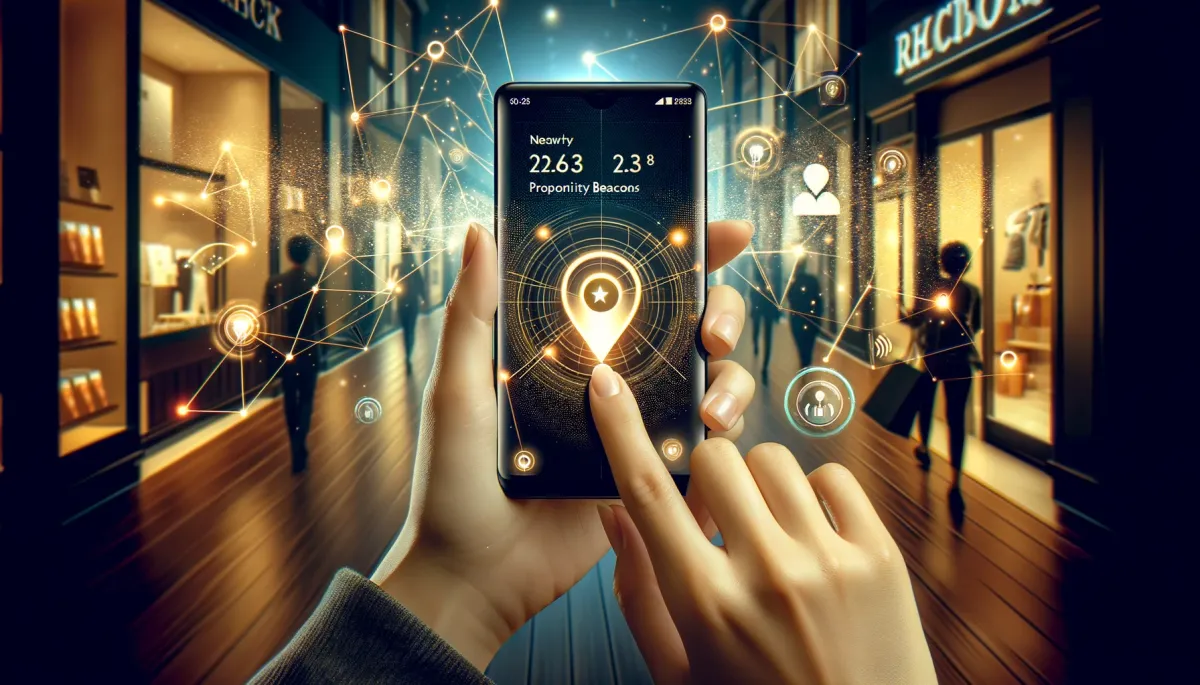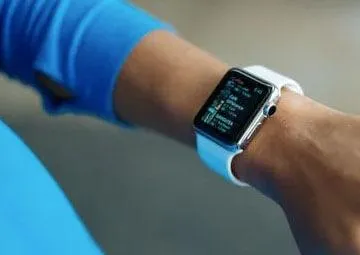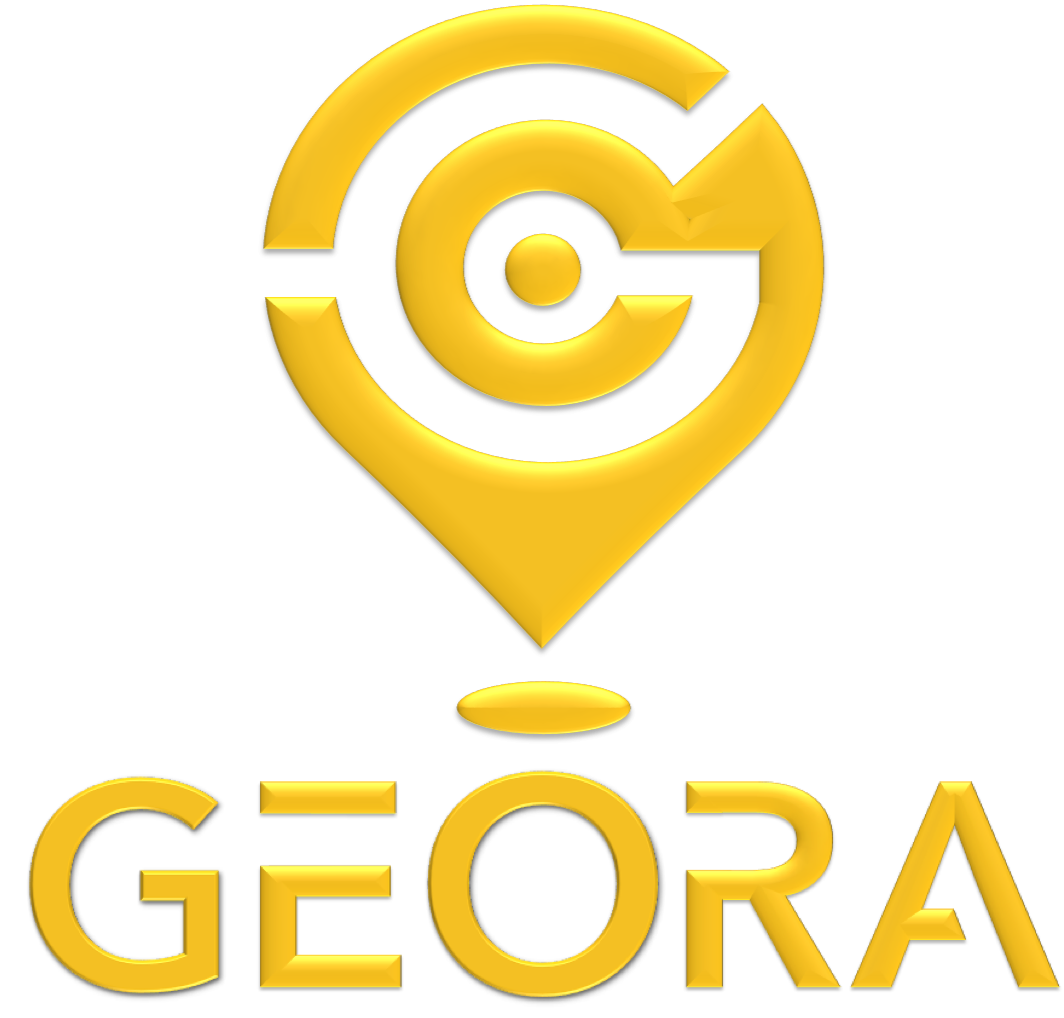Introducing the GEORA Hub: Insights, Trends, and Resources
Stay ahead of the curve with our collection of GEORA blogs, industry news, and resources, covering the latest trends, best practices, and innovations in proximity marketing. Explore the world of GEORA and unlock the true potential of your business.

The Role of Beacon Technology in Modern Marketing
The Role of Beacon Technology in Modern Marketing
In the constantly evolving landscape of digital marketing, beacon technology has emerged as a game-changer, particularly in proximity marketing. This technology, though not entirely new, is increasingly becoming a crucial tool for businesses seeking to engage customers in a more personalized and interactive way. In this blog, we'll delve into the intricacies of beacon technology, its applications in modern marketing, and how businesses can leverage it to enhance customer experiences and drive sales.
What is Beacon Technology?
Beacon technology involves small, wireless devices that emit Bluetooth signals. These signals are picked up by mobile devices within a certain radius, enabling a direct communication channel between a business and a consumer. Originally developed by Apple (under the name iBeacon), this technology has since been adopted and advanced by various tech companies worldwide.
How Does Beacon Technology Work?
A beacon transmits a unique signal that is detected by a nearby smartphone or tablet, provided the device has the corresponding app installed and Bluetooth enabled. When the app recognizes the beacon's signal, it triggers specific actions such as notifications, email sending, app alerts, or even prompts to specific web pages.
Applications in Marketing
Personalized In-Store Experiences
Retailers are using beacons to revolutionize the in-store experience. When a customer with an app enters a store, beacons can send them personalized offers, product information, and even navigational help within the store. For instance, if a customer lingers in the shoe section, the store's app might send a special discount on shoes or suggest shoe accessories.
Enhanced Data Collection
Beacons gather valuable data on customer behaviors and preferences. By analyzing this data, businesses can gain insights into popular products, customer movement patterns within a store, and peak visiting times. This information is crucial for tailoring marketing strategies and improving customer experiences.
Event Engagement
At conferences and events, beacons can be used to provide attendees with schedules, session information, and networking opportunities. They can also facilitate interactive experiences like scavenger hunts or quizzes to increase engagement.
Real-Time Feedback
Restaurants and service-based businesses use beacons to solicit real-time feedback from customers, enabling them to address issues promptly and improve service quality.
Benefits of Beacon Technology
Increased Engagement: By delivering relevant and personalized content, beacons boost customer engagement levels.
Improved Customer Insights: The data collected through beacon interactions offers deep insights into customer behaviors and preferences.
Higher Conversion Rates: Targeted messages and offers lead to higher conversion rates compared to traditional marketing methods.
Cost-Effectiveness: Beacons are relatively inexpensive and offer a high return on investment due to their effectiveness in driving sales.
Challenges and Best Practices
Despite its benefits, beacon technology does face challenges, primarily concerning privacy and security. Customers must opt-in to receive communications, and transparency about data collection is crucial. Ensuring data security and complying with privacy laws like GDPR is also essential.
Businesses should focus on providing value through beacon-triggered communications and avoid overwhelming customers with excessive notifications.
The Future of Beacon Technology
The future of beacon technology in marketing is bright. Integrations with augmented reality, AI-driven personalized experiences, and more advanced data analytics are on the horizon. As technology evolves, we can expect beacon-based marketing to become more sophisticated and integral to customer engagement strategies.
Conclusion
Beacon technology offers businesses an innovative way to engage with customers, gather valuable data, and ultimately, drive sales. By understanding and implementing this technology effectively, businesses can create more personalized, engaging, and rewarding experiences for their customers. As we move forward, beacon technology will undoubtedly continue to shape the landscape of proximity marketing, making it an indispensable tool in the marketer's arsenal.
Last news

Beacons Market Predicted to Witness Substantial Growth
The global market for proximity beacons is expected to grow at a significant CAGR over the next few years, driven by increased demand for personalized and location-based marketing experiences, making platforms like GEORA more important than ever for businesses.

Retailers Embrace Proximity Marketing to Drive Customer Engagement
Major retailers are increasingly investing in proximity marketing solutions, like GEORA, to deliver targeted promotions and offers, enhance customer loyalty, and improve in-store experiences.

Proximity Marketing Adoption Surges in the Hospitality Industry
Hotels, resorts, and restaurants are turning to proximity marketing platforms, such as GEORA, to streamline customer communication, provide personalized recommendations, and offer unique experiences based on customer preferences and location.

Healthcare Industry Explores the Potential of Proximity Marketing
Hospitals and healthcare centers are beginning to adopt proximity marketing solutions like GEORA to improve patient experiences, manage visitor flows, and share essential information about services and facilities.

Proximity Marketing Boosts Real Estate Industry
Real estate professionals are leveraging platforms like GEORA to provide prospective buyers with tailored property information, location-based listings, and virtual tours, leading to increased engagement and sales conversions.

Sports and Entertainment Venues Embrace Proximity Marketing
Stadiums, arenas, and entertainment venues are utilizing proximity marketing solutions like GEORA to offer personalized promotions, real-time event updates, and location-based experiences to enhance fan engagement and satisfaction.
Odenton MD, 21113
© Copyright 2025. GEORA. All rights reserved.

